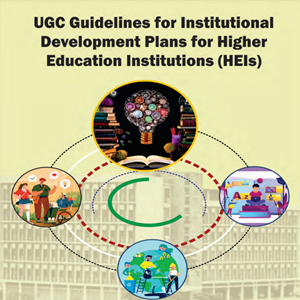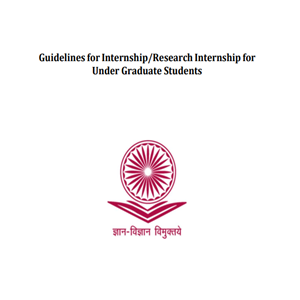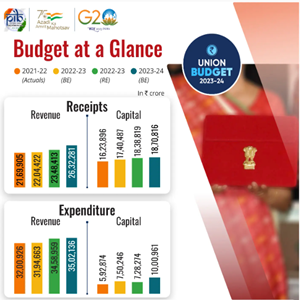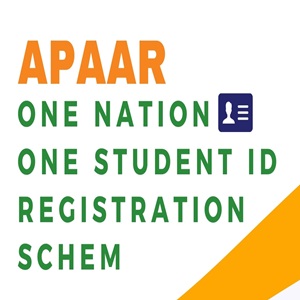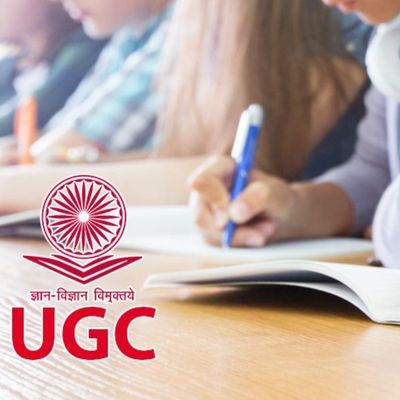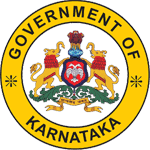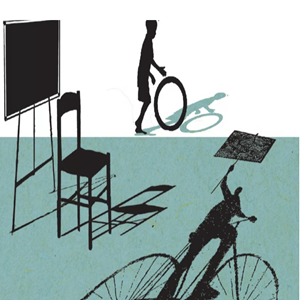|
|
|
|
UGC has released Guidelines for Institutional Development Plans for Higher Education Institutions.
Read more
Guidelines
|
UGC has formulated Guidelines for Internship/Research Internship for Undergraduate Students aimed at improving the employability skills of the students.
Read more
Guidelines
|
|
|
|
Highlights of the Central Budget with respect to Education Sector.
Read more
|
APAAR (Automated Permanent Academic Account Registry)
through Common Service Centres (CSCs) in remote villages of the country was launched.
Read more
|
|
|
|
The University Grants Commission (UGC) has received an application from a private university in Malaysia.
Read more
|
Professor Anil Sahasrabudhe, Chariperson, NAAC & NBA discusses IITs debut in accreditations, current system drawbacks, and flexibility in the new system.
Read more
|
|
|
|
The UGC Chairman has announced the introduction of a credit system for schools and a skill-based curriculum for students.
Read more
|
Bridging the Gap: Strengthening Faculty Through Capacity Building programme in HEIs
College faculty, unlike the school faculty get it into the profession without any formal training or preparation.
The new initiatives and challenges facing higher education, the responsibilities of faculty have become increasingly complex.
This lack of preparation exacerbates the difficulties faced by faculty in navigating these changes effectively.
Training and capacity building programs are frequently prioritized in schools, neglecting Higher Education Institutions (HEIs),
despite their crucial role in shaping the educational landscape. This oversight can lead to a decline in quality within HEIs,
impacting the overall effectiveness of education system. However, neglecting HEIs beyond schools creates gaps in development efforts, hindering overall progress.
Faculty in HEIs encounter challenges such as limited access to training on modern teaching methods and technology,
and use new teaching techniques focused on subject knowledge rather than teaching skills, which overlooks effective teaching methods
and students’ engagement. In addition, there exists gap between teacher being trained and meet the diverse needs of students. Hence, there is a need for Professional Development and Career Advancement of the faculties at HEIs which can be achieved through effective human resource planning.
It is indispensable to train all the teachers, recognizing their significant role in students' holistic well-being
It is essential to empower faculty through capacity building programs to fulfil their roles and responsibilities with exceptional creativity and excellence.
Comprehensive training, integrating dynamic teaching methods, is crucial for transforming education to meet diverse student needs.
Capacity Building Program focusing on inclusivity, self-management, and effective decision-making empowers higher education educators. Training the faculty with positivity, influences the student’s academic performance and faculty who participate in capacity-building programs gain modern teaching skills, resulting in better students’ achievement. Government funding and private sector involvement is necessary to support this initiative.
It is indispensable to train all the teachers, recognizing their significant role in students' academic success.
Capacity building initiatives also focuses on nurturing teachers into future leaders. Academic leadership fostered through training programs will have a significant impact on student’s performance. Empowering teachers with specialized skills not only enable them with enriching learning experiences but also enhances classroom effectiveness and prepare students for futuristic challenges and opportunities.
Aligning with NEP 2020 objectives, implementing compulsory formal education for HEIs faculty would address these discrepancies, enhancing teaching quality and transforming institution as a centre of excellence.
Bhagya G B
Sr. Assistant Professor
CESS
|
CM emphasizes on reading preamble of the Indian constitution in educational institutions.
Read more
|
|
|
|
Karnataka tops the list of Indian states with high number of foreign students.
Read more
|
A delay is likely in the printing and supply of textbooks to school children in Karnataka for the 2024-25 academic year as the Textbook Revision Committee is yet to submit its report to the State Government.
Read more
|
|
S Vaidhyasubramaniam writes: Trifecta of School, Teacher and Higher Education.
Read more
|
|
|
|
Neil Ghai writes: Higher education 'enrolment cliff' likely to open doors for more Indian students in American Universities.
Read more
|
R Krishnakumar writes: Learning deficits need to be corrected when they happen
Read more
|
|
Centre for Educational and
Social Studies
The Centre for Educational and Social
Studies (CESS) is a registered society
established in 2006. Since its
inception CESS has been working in the
field of education. CESS, guided by
its vision of bringing about ‘Social
Transformation Through and With
Education’ is striving to draw the
attention of stakeholders, including
State and Central Government, on vital
issues of education. We at CESS engage
in Research, Policy Advocacy and
Capacity Building in the broad sphere
of Education. In the recent past,
since the unveiling of NEP, CESS has
conducted over 100 webinars and
stakeholders consultations on policy
awareness and on policy implementation
and has reached out to more than
30,000 stakeholders of education. CESS
has launched ‘NEP Ready’-a capacity
building training workshops to
facilitate HEIs in the effective
implementation of NEP 2020.
Disclaimer: This document is being
presented to you for your information.
The information and opinions in the
news articles contained in Shikshana
Mahithi are captured from the
government websites and authors of the
articles. CESS is a not-for-profit
organization and does not endorse the
presented news.
|
|
|

